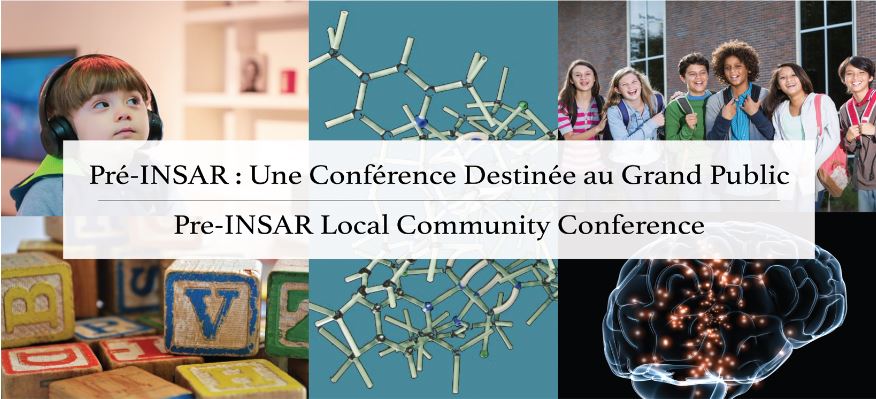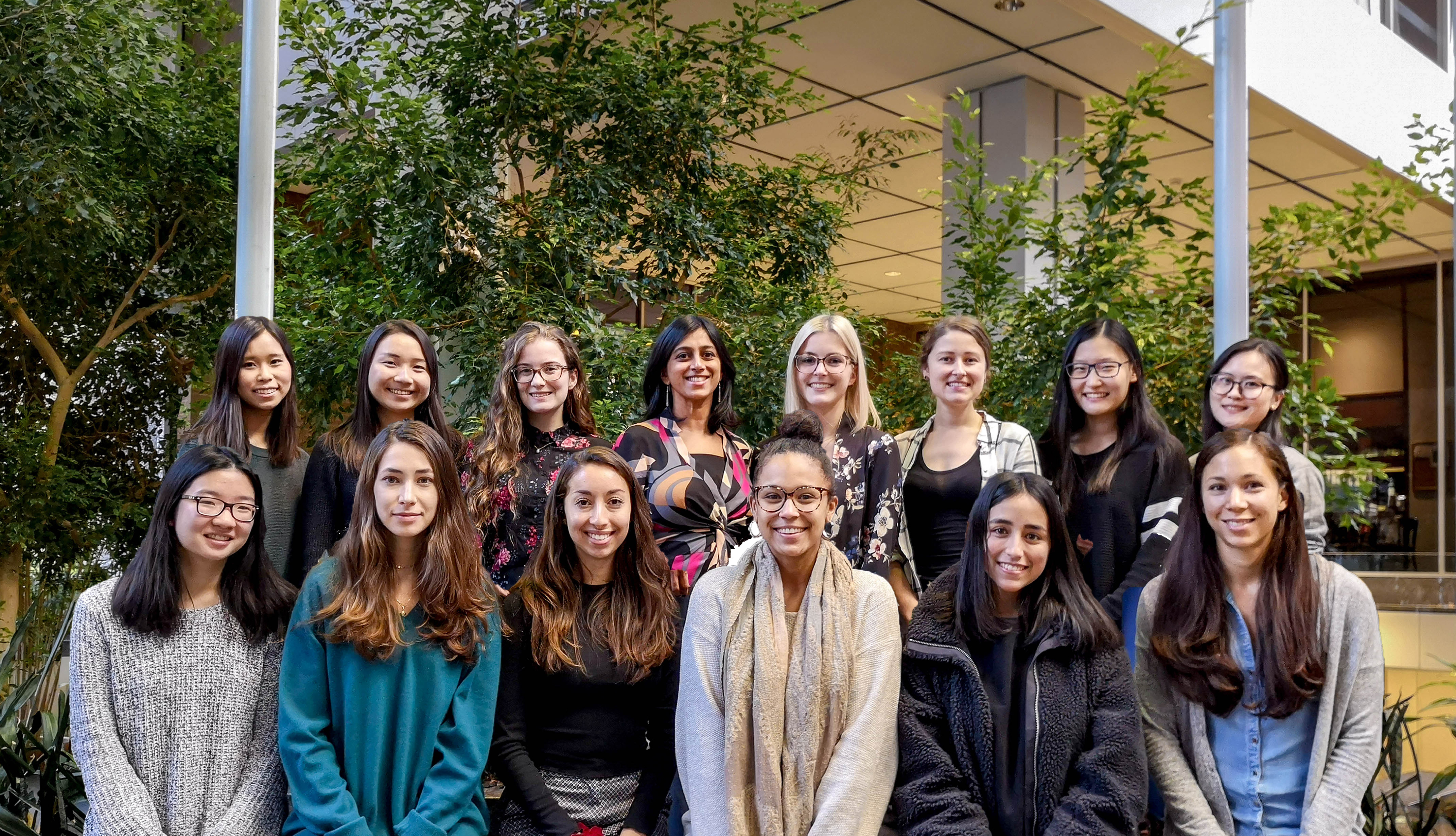
Bilingualism and Autism Newsletter
April 2019
Dear POP lab participant,
Happy autism awareness month! During the month of April, people from around the world come together to increase the public's understanding of autism to increase social inclusion.
We would like to thank you for participating in our research and helping us raise awareness of autism!


The PoP Lab is organizing a community and professional workshop at the International Society for Autism Research pre-conference on May 1st: Growing up bilingual with autism: advantages and challenges, and how to make evidence-informed choices. There will also be other interesting workshops this afternoon for educators, social service and healthcare professionals, families and people on the spectrum. To register, please visit this link: https://preinsar.eventbrite.com
There are many other exciting events happening as part of a larger Autism Festival, including an art and cultural event on Friday May 3rd that is open to the public: https://www.eventbrite.ca/e/autismcreatifs-autismcreates-registration59730476463
What impact does bilingualism have on children with autism?
Given that children with autism often experience language delays, should we be concerned about bilingualism? Many believe that it may be harmful for their language development. However, research evidence shows that this is not the case.
Our lab has been examining whether bilingualism may in fact hold cognitive advantages for children with autism. Studies with the general population have shown that bilingualism enhances certain executive functions. These are cognitive control processes that allow us to carry out daily life tasks.
We have also been examining the effects of bilingualism on different aspects of language development.
April 2019 Newsletter
Cognitive Flexibility

Today's newsletter focuses on the article "Can Bilingualism Mitigate SetShifting Difficulties in Children With Autism Spectrum Disorders" (Gonzalez-Barrero & Nadig, 2017).
Task:
Children performed a computerized task to measure an executive function called set-shifting, which is the ability to switch back and forth between tasks. They sat in front of a computer and saw either the image of a red rabbit or a blue boat on the screen. For example, they saw a  and were asked to sort based on its colour (red), by selecting a key indicated on the keyboard. After trials where they sorted by colour the rule changed and they were asked to switch to sorting images by shape. So if they saw a
and were asked to sort based on its colour (red), by selecting a key indicated on the keyboard. After trials where they sorted by colour the rule changed and they were asked to switch to sorting images by shape. So if they saw a  , they would need to select the key indicating "rabbit" instead. There were different phases of this task that increased in complexity.
, they would need to select the key indicating "rabbit" instead. There were different phases of this task that increased in complexity.
Findings!
We found that highly proficient bilinguals with autism passed the task, in particular the complex phase, at a higher rate than their monolingual peers with autism. Since the groups were matched on important factors such as age, nonverbal IQ, and autism symptoms, we could attribute this difference in performance to their bilingualism.
What does this mean?
This finding demonstrates that in the context of this task, bilingualism was not harmful. In fact, bilingual children with autism showed a bilingual advantage in set-shifting. Using two linguistic systems may act as a protective factor for executive function difficulties. This preliminary finding with a small sample of children needs to be followed up with additional research to see if it can be generalized, for example to other contexts of bilingualism.
Gonzalez-Barrero, A. & Nadig, A. (Early view, Nov 2017). Can bilingualism mitigate set-shifting difficulties in children with autism spectrum disorders? Child Development https://doi.org/10.1111/cdev.12979
Press Coverage

In this video segment from CTV News at Noon, Professor Nadig talks about the research your family contributed to on bilingualism in children with autism. Click on the following link to watch the video!
Our Team
The team at the POP Lab, led by Aparna Nadig, is made up of research assistants, undergraduate research project students, masters and doctoral students all passionate about the elds of pragmatic development, social communication, and language and communication in individuals with autism spectrum disorders.

Top: Dorothy L., Claudia L., Karleen M., Aparna N., Alexane D., Angela M., Grace G., Chris H.
Bottom: Sabrina R., Melanie C., Nadia E., Aryana N., Cynthia D., Stephanie L.
Thanks for reading!
We'd be happy to hear from you at poplab.scsd@mcgill.ca. Stay tuned for our next newsletter in April on the topic of cognitive flexibility!
The POP Lab